In a recent United Nations Security Council session, Russia and China cast vetoes against a resolution proposed by the United States aimed at establishing an immediate and sustained ceasefire in the ongoing Israel-Hamas conflict in Gaza. The resolution sought to safeguard civilians and facilitate humanitarian aid delivery to over 2 million Palestinians facing dire conditions.
The vote outcome revealed 11 member states in favor, with three opposing, and one abstaining. Russian Ambassador Vassily Nebenzia expressed support for an immediate ceasefire but raised concerns over the resolution’s language, accusing U.S. officials of politicizing the matter.
Although the draft resolution removed explicit references to the release of hostages taken during Hamas’ attack on Israel in October, it emphasized diplomatic efforts towards achieving a ceasefire in conjunction with the release of all remaining hostages.
This marks the latest instance of diplomatic impasse within the Security Council regarding the Israel-Hamas conflict. Prior attempts to address the humanitarian crisis in Gaza through resolutions have faced similar challenges, with previous resolutions failing to secure unanimous support.
The U.S. had previously vetoed resolutions demanding a ceasefire, while Russia and China opposed resolutions they deemed lacking global consensus. Despite ongoing diplomatic efforts, no consensus has been reached on a viable solution to the conflict.
In response to the veto, the U.S. Mission to the United Nations underscored the resolution as an opportunity for unified support of ongoing diplomacy and pressure on Hamas to accept proposed deals.
Simultaneously, elected members of the Security Council are drafting their own resolution, emphasizing an immediate humanitarian ceasefire during the Muslim holy month of Ramadan and demanding the unconditional release of all hostages.
The dire humanitarian situation in Gaza has raised concerns globally, with reports indicating imminent famine and epidemics. The Integrated Food Security Phase Classification initiative warned of catastrophic hunger affecting 70% of Gaza’s population, urging urgent humanitarian assistance and the removal of barriers to aid distribution.
As international pressure mounts on Israel to facilitate aid access and agree to a ceasefire, Prime Minister Benjamin Netanyahu has vowed to intensify military operations in southern Gaza, citing security concerns.
Amid escalating tensions and humanitarian crises, efforts to broker a ceasefire remain elusive, prolonging the suffering of civilians caught in the crossfire of the Israel-Hamas conflict.

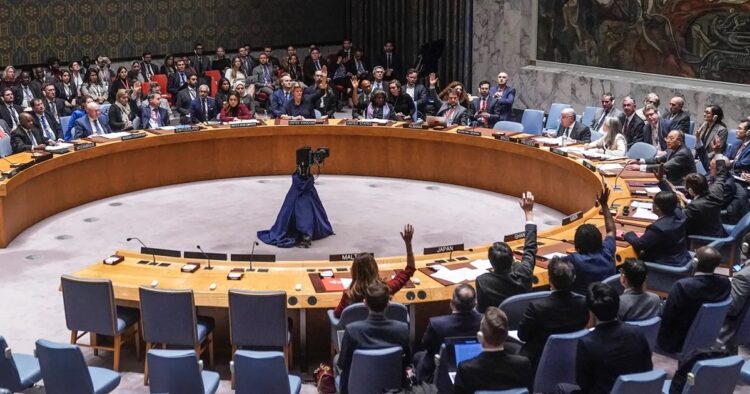
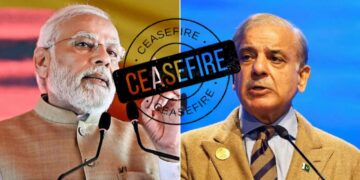

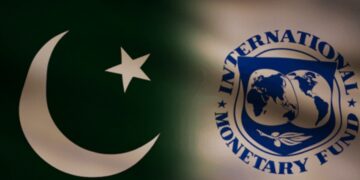
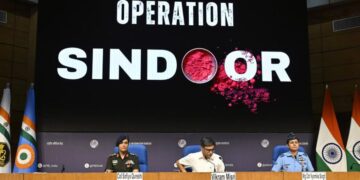
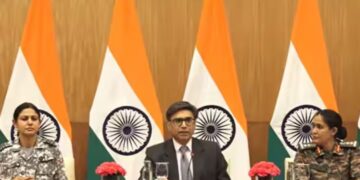










Comments